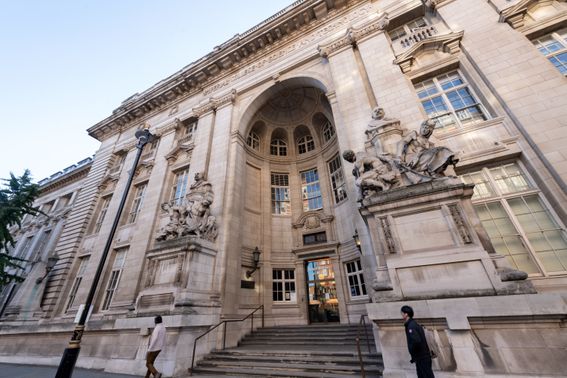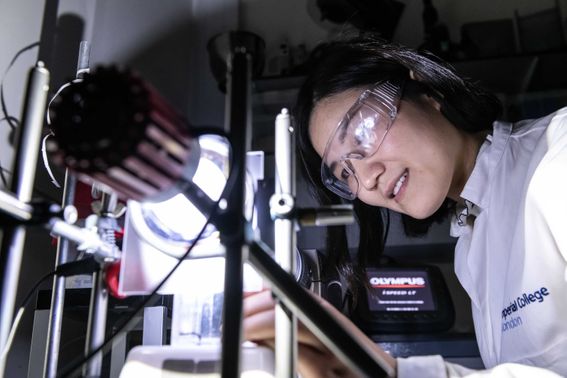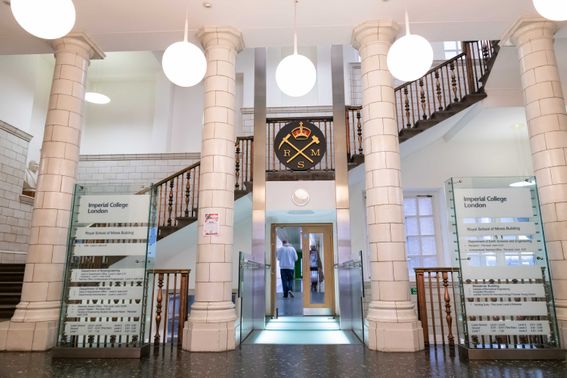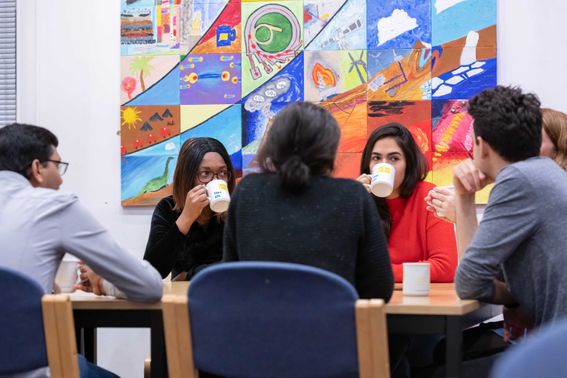Life in ESE
We are the Department of Earth Science and Engineering (ESE), home to approximately 50 academic staff, 70 research and support staff and 600 undergraduate and postgraduate students.
Watch to find out who we are and what it’s like to be part of our diverse community.
Who we are

Our Mission
Our mission is to tackle global challenges through world-leading research, education and innovation in Earth Science and Engineering.
Our staff are regularly recognised by awards for their teaching, research, contributions to education, support of the student experience, outstanding work in their field, and more. These range from the Nobel Peace Prize to the Imperial College President's Award for Excellence in Teaching to having asteroids named after them by the International Astronomical Union.

Our Research
Our academics and researchers use both pure and applied research to remain at the cutting edge of investigating how Earth systems work; how to sustainably extract and use natural resources and energy; how solid bodies in the Solar System have evolved over time; and much more (see our ‘Research’ pages).
Our work is aided by strong collaborative ties with Imperial’s Energy Futures Lab, I-X, Data Science Institute and Grantham Institute - Climate Change and the Environment.
Our history and how we work

Our History
ESE is part of the Royal School of Mines (est. 1851), which officially became part of Imperial College in 1907. For 160 years, geoscientists and engineers at the Royal School of Mines and then the Department of Earth Science and Engineering (est. 2001) have been committed to excellence in the teaching and research of Earth Sciences.
Put simply, we’ve been studying the way the world works longer than any university in the UK, and are one of the oldest historic colleges in the world.

Our Culture
Our Departmental values – Supportive | Excellence | Integrity | Innovative | Inclusive | Inspiring – and our equality, diversity, inclusion and culture (EDIC) committee guide us in making ESE a place for excellence in research and teaching, and the best place to study, work and develop your career.
We work collaboratively, including with nearby world-famous institutions including the Natural History Museum and Science Museum, where some of our students undertake research during their studies. We are also closely connected with professional and learned societies, which provide networking opportuinities.
Spotted a website error?
If you’ve discovered an error on our pages or simply have a comment on our website, please email us: ese-webmaster@imperial.ac.uk
